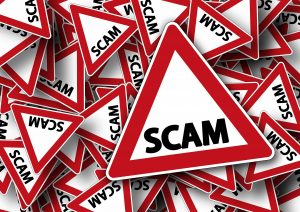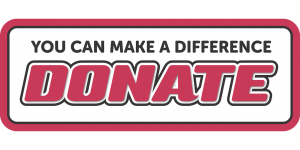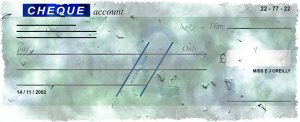 Business owners have enough to worry about with regulations, taxes, permits, licenses, compliance, and more. But as if all that was not enough, scammers are targeting small businesses to bilk them out of their hard-earned cash. The Federal Trade Commission www.ftc.gov identifies the 5 most-common business scams.
Business owners have enough to worry about with regulations, taxes, permits, licenses, compliance, and more. But as if all that was not enough, scammers are targeting small businesses to bilk them out of their hard-earned cash. The Federal Trade Commission www.ftc.gov identifies the 5 most-common business scams.
The Directory Listing Scam:
Con artists call businesses, claiming to “verify” or “confirm” a company’s contact information for its  listing in a business directory. Of course, there’s no existing listing or directory.
listing in a business directory. Of course, there’s no existing listing or directory.
But the employee who picked up the phone doesn’t know that. Then, persuasive double-talkers bulldoze the employee into saying yes.
Next, the scammers send urgent invoices for hundreds of dollars. The invoices might even include the “walking fingers” logo and the Yellow Pages name. In many cases, the person paying the bills will simply cut a check, not realizing that the company never agreed to pay the hefty fee for the directory.
The Supply Swindle
 Every company needs office supplies, but small businesses and non-profits may not have a formal procurement process in place. So when supplies show up at the door, employees pay for them, assuming a colleague must have OKed the buy. However, the box contains unordered merchandise or maybe it’s empty. Or a con artists may call, falsely claiming to verify an existing order. That triggers high-pressure threats if the business refuse to pay. Either way, the company is left holding the bag — and the bill.
Every company needs office supplies, but small businesses and non-profits may not have a formal procurement process in place. So when supplies show up at the door, employees pay for them, assuming a colleague must have OKed the buy. However, the box contains unordered merchandise or maybe it’s empty. Or a con artists may call, falsely claiming to verify an existing order. That triggers high-pressure threats if the business refuse to pay. Either way, the company is left holding the bag — and the bill.
The URL Or Trademark Hustle:
 “Your web address is about to expire if you don’t pay immediately to renew your registration.”
“Your web address is about to expire if you don’t pay immediately to renew your registration.”
That’s enough to send an online marketer into warp speed. Since the invoice emphasizes that time is of the essence, some businesses pay first and ask questions later. It’s from a fraudster, banking on the fact that companies with a web presence will be too busy to investigate. In a variation on that scam, fraudsters send letters warning businesses that they’ll lose their trademarks if they don’t pay a fee immediately. The USPTO has advice for businesses on how to tell if a letter about trademarks is the real deal — or a possible rip-off.
The Charity Con:
Many businesses make it a point to support worthy causes in the community.
So when a group claiming to help fire fighters, veterans, police, or kids asks a company to buy space in a calendar or publication, they’re happy to chip in. Scammers take that money and disappear. Of course, crooks cover their tracks by picking names confusingly similar to reputable charities, so it’s hard for businesses to find out they’ve been had.
The Check Cheat:
 Not all solicitations you get in the mail look like bills, invoices, or account statements.
Not all solicitations you get in the mail look like bills, invoices, or account statements.
Your business may get something that looks like a refund or rebate check. Read the fine print on the front and back carefully. By cashing the check, you may be agreeing to be billed monthly for something you don’t want or need, like Internet access or a listing in an online directory.
In conclusion, being aware of these common schemes can help you avoid small business scams.
.
